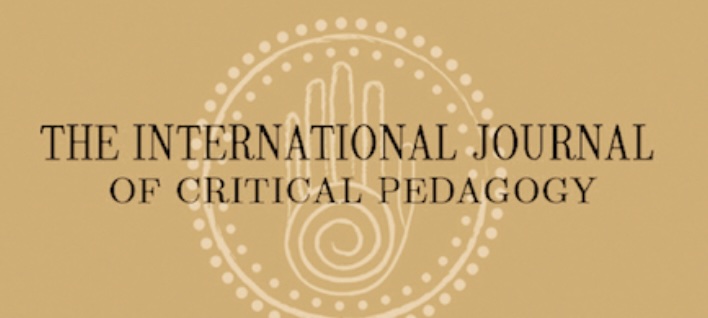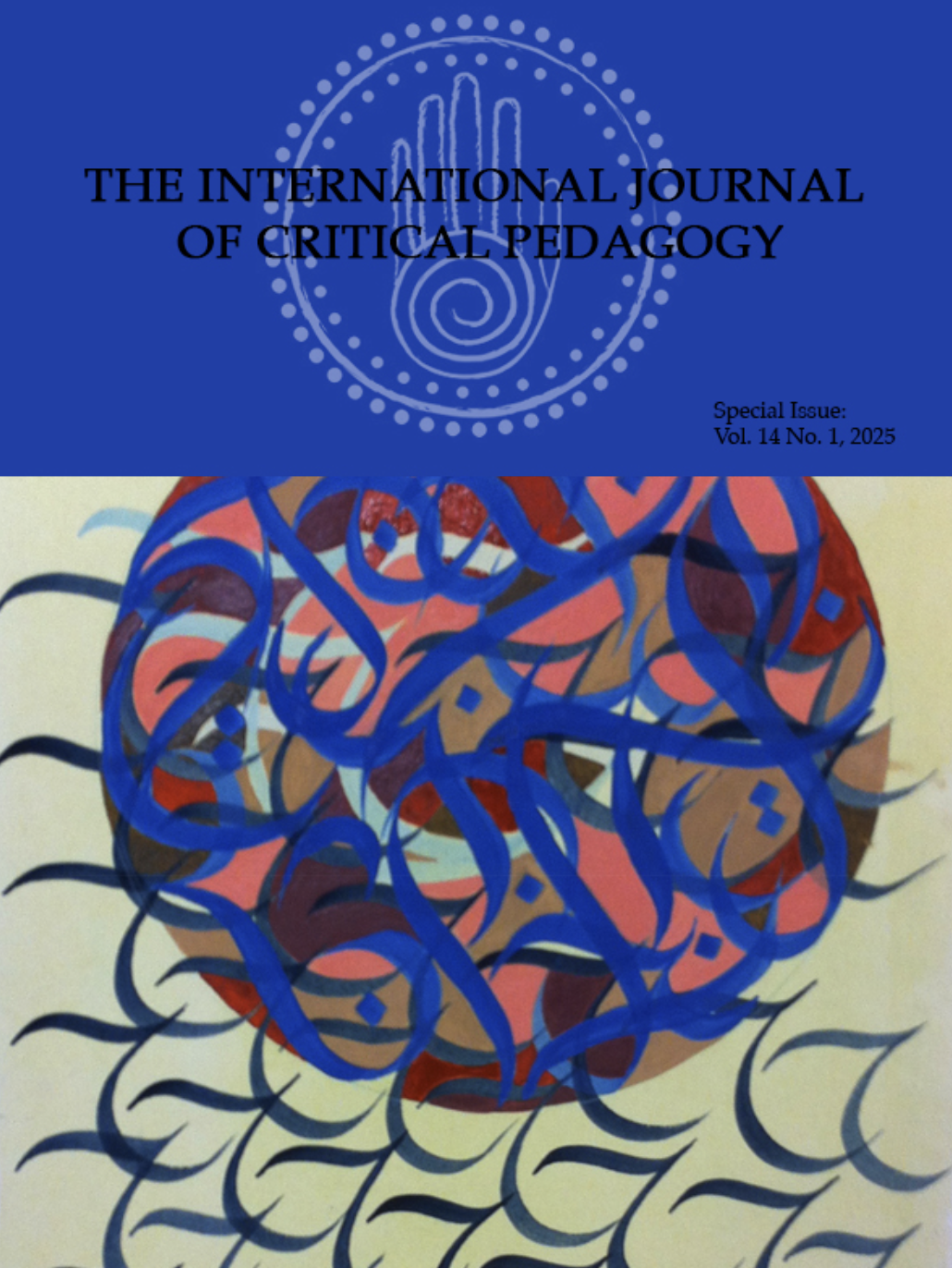Abstract
The purpose of this article is to examine how new Saskatchewan secondary school English Language Arts teachers, under the pressure of substantial time demands, make decisions about what texts and corresponding instructional practices to use in their classrooms. The intent of this analysis is to understand why new English Language Arts teachers regularly reuse curricular materials from their colleagues and embed them in instructional practices that often run counter to their espoused philosophies of education. My analysis of this process of the reproduction of texts and practices in new teachers’ classrooms is anchored in a critical sociological perspective of schooling. I examine the relation between seemingly liberal provincial policies of teacher autonomy and curricular implementation, the role of time demands on the use of curricular materials, and the connection between the need for resources and structural demands on teacher work. I conclude by arguing the need for further research into the circulation of physical resources in schools and their impact on teacher instruction.
Keywords: critical pedagogy, new teachers, labour intensification
How to Cite:
LeBlanc, R., (2017) “Time, Labour, Texts: New English Teachers' Selective Use of Instructional Documents”, International Journal of Critical Pedagogy 8(1).
Downloads:
Download PDF
View PDF

